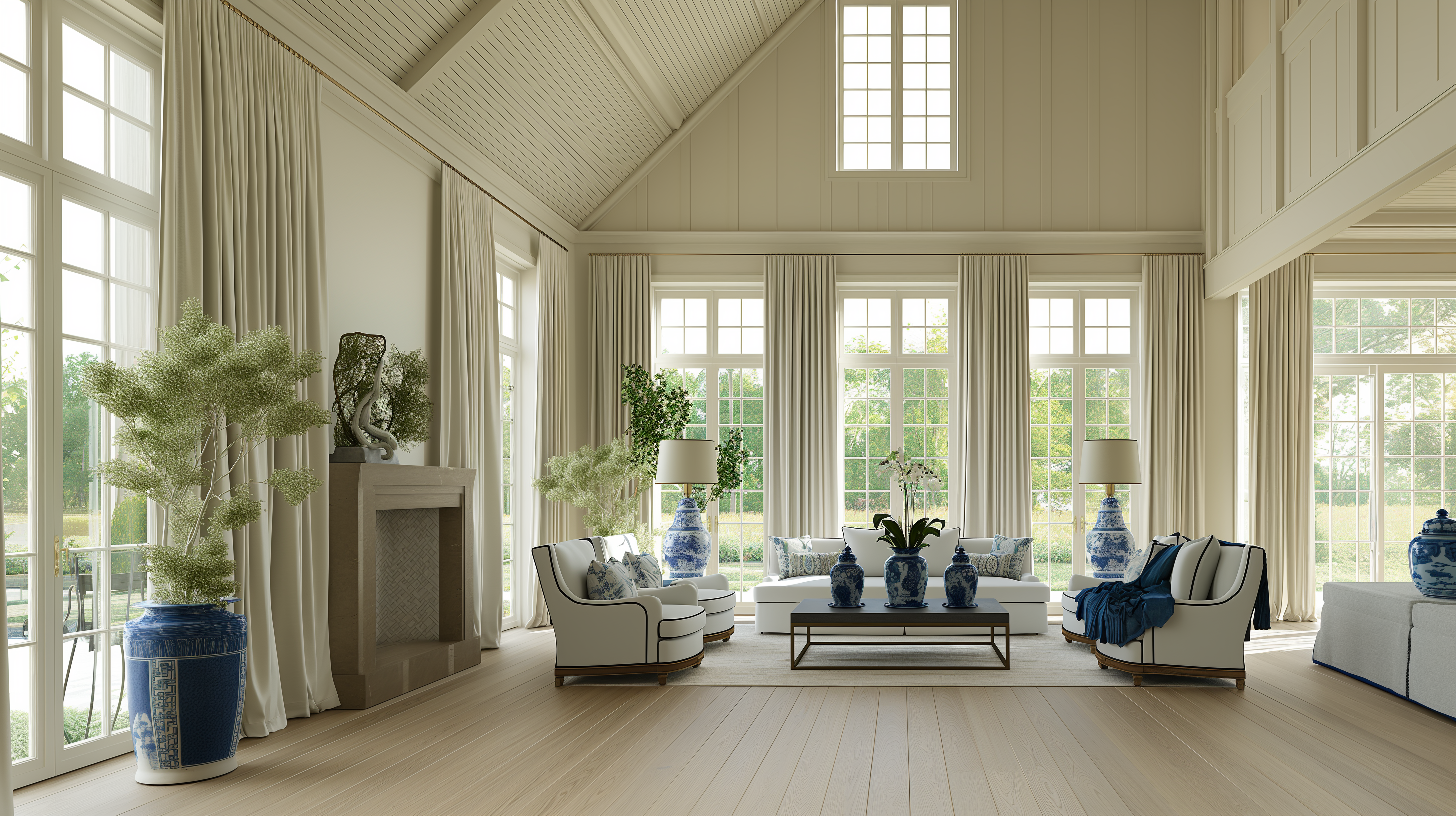By Rachel Schemmerling| Timeless Living
December has always carried a certain kind of magic. The soft glow of candlelight, the scent of winter greens, the crackle of wrapping paper, the familiar songs that seem to transport us back in time—it’s a month rich in nostalgia and sensory warmth.
But it also has a reputation for chaos. The overspending, the over-scheduling, the pressure to create a picture-perfect holiday… many of us arrive at January exhausted, overextended, and wondering why we spent the final weeks of the year pushing ourselves beyond our limits.
This year, I’m choosing to do things differently.
And maybe you’re craving that shift too.
A Simpler Season, on Purpose
I’m leaning into a slower, more intentional December—a season with less noise and more nourishment. A season where presence matters more than perfection, and where joy is found in the quieter spaces rather than the frenzy.
One thing that’s guiding me is what Mel Robbins calls The Let Them Theory.
It’s simple and remarkably freeing:
Let people be who they are.
Let situations unfold without forcing.
Let expectations go.
Let others think or act how they choose—because you’re choosing peace.
It’s not about withdrawing; it’s about releasing the weight of trying to control what was never yours to manage. In a season where emotions, family dynamics, and expectations can run high, letting them can be the difference between burnout and calm.
Returning to Ritual
With all the noise stripped back, ritual becomes essential.
Not big, elaborate rituals—just small anchors woven into your days:
- A quiet cup of tea before the house wakes
- Lighting a candle at dusk to honor the shortening days
- A daily walk in the cold air
- A five-minute gratitude list
- A slow skincare routine or warm bath
- A mindful moment before the holiday gatherings
These small practices help us stay rooted. They allow us to move through December with intention instead of urgency.
Nourish Your Senses
One of my guiding principles—both in wellness and design—is sensory nourishment.
Our senses are portals of calm. They slow us down, ground us, and bring us back into our bodies.
This December, consider how you can nurture your senses daily:
Sight:
Soft lighting, twinkle lights, gentle candle glow. Clear the clutter so your eyes can rest. Bring in greenery—cedar, pine, eucalyptus—so nature has a seat in your home.
Scent:
Diffuse essential oils like pine, clove, or sweet orange. Simmer citrus and cinnamon on the stove. Let the scent of baking or herbal tea fill your space.
Sound:
Play instrumental holiday music, nature sounds, or a meaningful playlist that soothes rather than stimulates. Let silence be part of your day, too.
Touch:
Wrap yourself in soft blankets, wear natural fibers, sleep on clean, crisp sheets. Touch can be deeply healing in winter.
Taste:
Eat warm, grounding foods. Slow-cook dinners. Sip herbal tea. Let meals be unhurried, nourishing, and not rushed between errands.
When you nurture your senses, you nurture your nervous system—and the entire holiday season feels different.
Practice Present-Moment Living
December is a month packed with both memory and anticipation. But the quiet magic often lives right here, right now:
The way the light hits the kitchen counter at 4 pm.
The laughter at a dinner table.
The softness of bedtime.
The gratitude that bubbles up when you pause long enough to feel it.
Slow down enough to notice the moments you’re usually too busy to see.
Meaningful Gifts Only
Let’s be honest—the pressure to buy more, more, more is relentless this time of year. But there is no reason to go broke for a society that equates value with volume.
Give small, meaningful gifts.
Write notes.
Create moments.
Support local makers.
Offer experiences, not clutter.
Give warmth, not overwhelm.
A beautiful candle, a local artisan piece, a small plant, a handwritten letter, a favorite tea, an afternoon together—these are the gifts that linger.
Finish the Year Gently
As the year draws to a close, I invite you to resist the urge to sprint to the finish line. Instead, glide softly. Move intentionally. Keep your nervous system at the center.
Slow your home.
Slow your days.
Slow your breath.
Let December be a month of nourishment, not depletion. Let it be soft. Let it be grounded. Let it be exactly what you need.
This is your invitation to a different kind of holiday season—one rooted in presence, beauty, and wellness.
And if you’re craving more of this—more connection, more depth, more intentional living—I’d love for you to join me as a Founding Member of The Ginger Jar Society. It’s the heart of everything I’m creating for women who want to live more beautifully, gently, and well.
Here’s to a December that feels like a warm exhale.
Here’s to finishing the year gently.
December 1, 2025
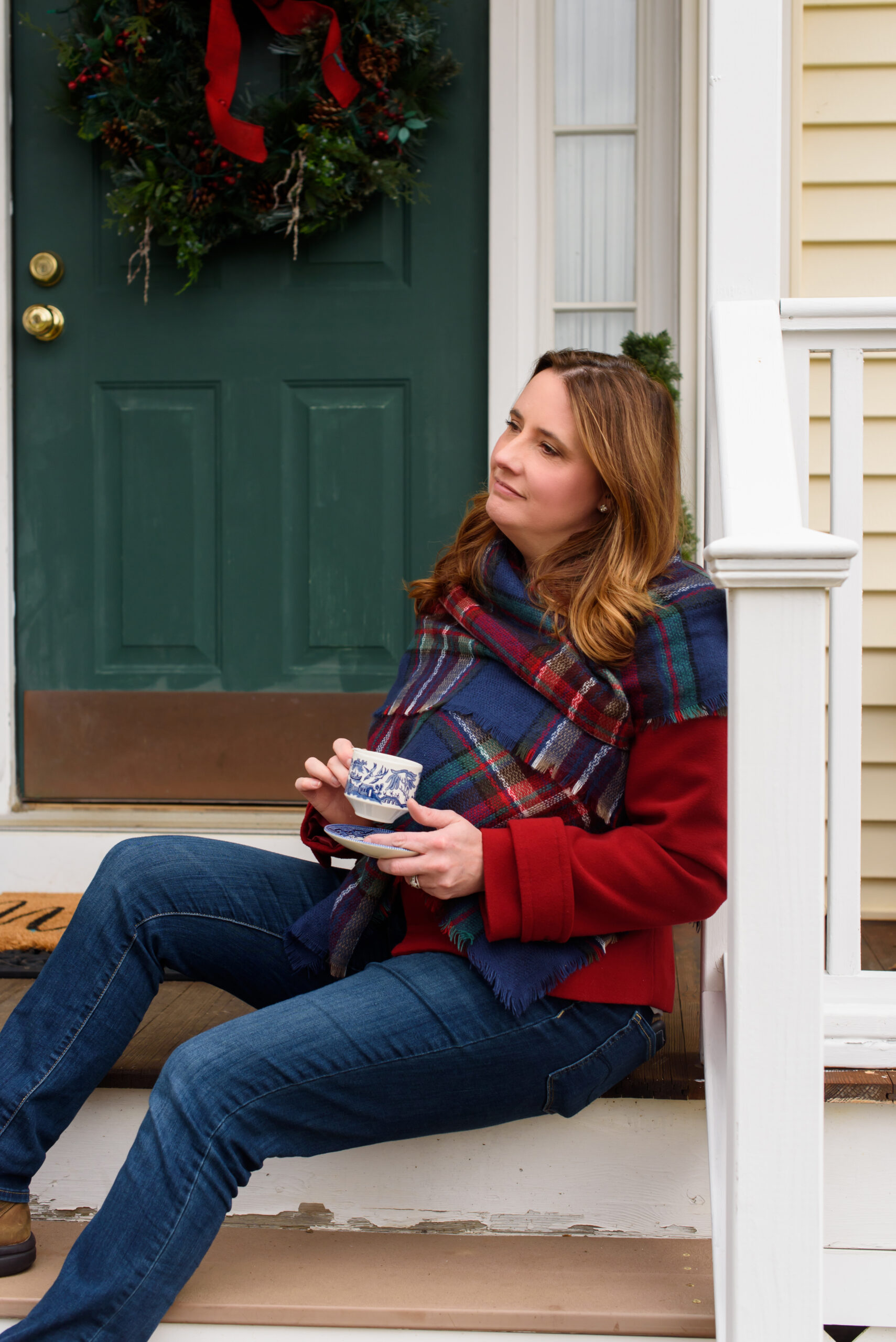
By Rachel Schemmerling|Timeless Living As we step into this season of gratitude, I’ve been thinking a lot about the surprising ways thankfulness reshapes the landscape of my life. Not the big, dramatic gratitude—the kind we save for holidays or milestone moments—but the quiet, daily noticing that loosens my shoulders, softens my breath, and brings me […]
November 19, 2025
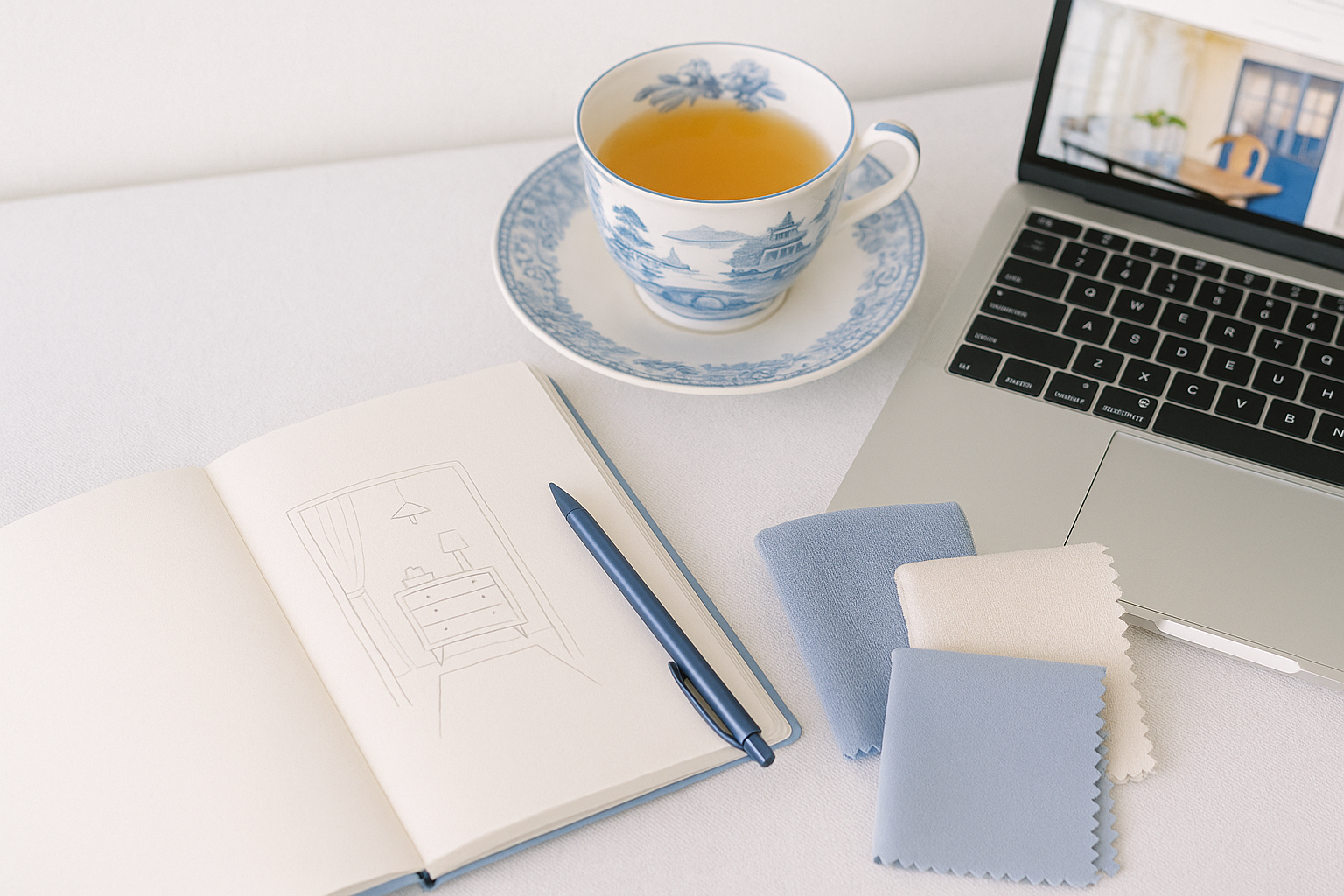
By Rachel Schemmerling|Timeless Living
As the winter holidays draw near, our homes begin to shift. The light changes, the air cools, and suddenly our living spaces become more than rooms—they become places we return to for comfort, memory, and a sense of belonging.
This week, I had the joy of stepping into that spirit early when I joined the local talk show Silver Linings on Valley Shore Community Television (VSCTV). During the episode—airing in December 2025—I shared one of my favorite seasonal rituals: my Winter Holiday Simmer Pot recipe. But more importantly, I shared the deeper story behind why scent, memory, and community play such essential roles in designing a well-lived, well-loved life.
A Show That Feels Like Coming Home
The hosts of Silver Linings are some of the kindest, most gracious people you could hope to meet. Their warmth and genuine curiosity make every conversation feel like sitting down for tea with an old friend. If you haven’t tuned in before, I highly recommend it—not just for my episode, but for the way the show consistently celebrates creativity, community, and living with intention.
📺 Watch on VSCTV Channel 19 Mondays at 5:00 PM
or stream on Roku, Apple TV, Fire TV, or YouTube
A Winter Simmer for the Soul
There’s something deeply restorative about tending to a pot quietly simmering on the stove. A few orange slices, cinnamon sticks, whole cloves, cranberries, and a sprig of rosemary—and suddenly your home is wrapped in warmth, both literal and emotional.
For me, this is one of the simplest ways to design the atmosphere of a room. Scent is a subtle form of storytelling, a pathway to calm, comfort, and joy. Our olfactory system—the part of the brain responsible for scent—is directly tied to memory and emotion. That’s why certain smells can instantly transport us to childhood kitchens, holiday gatherings, or long-forgotten moments of peace. Ask any essential oil expert and they’ll echo this: scent can shift your mood, your energy, even your sense of presence. While I’m far from an expert, I often diffuse blends of lavender, orange, sage, or rosemary when I’m designing or reflecting. The right aroma can change the atmosphere of a space almost instantly.
Scent, Story, and the Sacred
Scent has been sacred to humanity for centuries. Native and Indigenous communities have long used fragrant herbs, resins, and smokes—sage, cedar, sweetgrass—not only to cleanse, but to connect: with themselves, with one another, and with the natural world. My mother, Dale Carson, wrote often about these traditions, weaving her heritage into daily rituals that honored beauty, Earth, and wellbeing. She taught me that beauty isn’t decorative—it’s a form of gratitude. A way of saying: I see the world, and I honor it.
Women, Community, and the Design of Wellbeing
As women, we carry an extraordinary ability to create sanctuaries—not just for ourselves, but for everyone who enters our home. When we gather, when we share stories, when we engage the senses, we restore balance to our lives and to the spaces we tend.
A simmer pot bubbling on the stove.
A fresh cup of tea.
A candle glowing quietly on a winter night.
These small rituals are reminders that wellness design isn’t about perfection. It’s about feeling good—safe, rooted, nourished.
May This Season Be Warm and Well
As we move deeper into the winter season, I hope your home fills with fragrance and comfort. I hope your heart opens to connection. And I hope your spaces—however simple or elaborate—invite in a sense of wellbeing.
Here’s to a season designed with intention, warmth, and the beauty of everyday ritual.
November 15, 2025
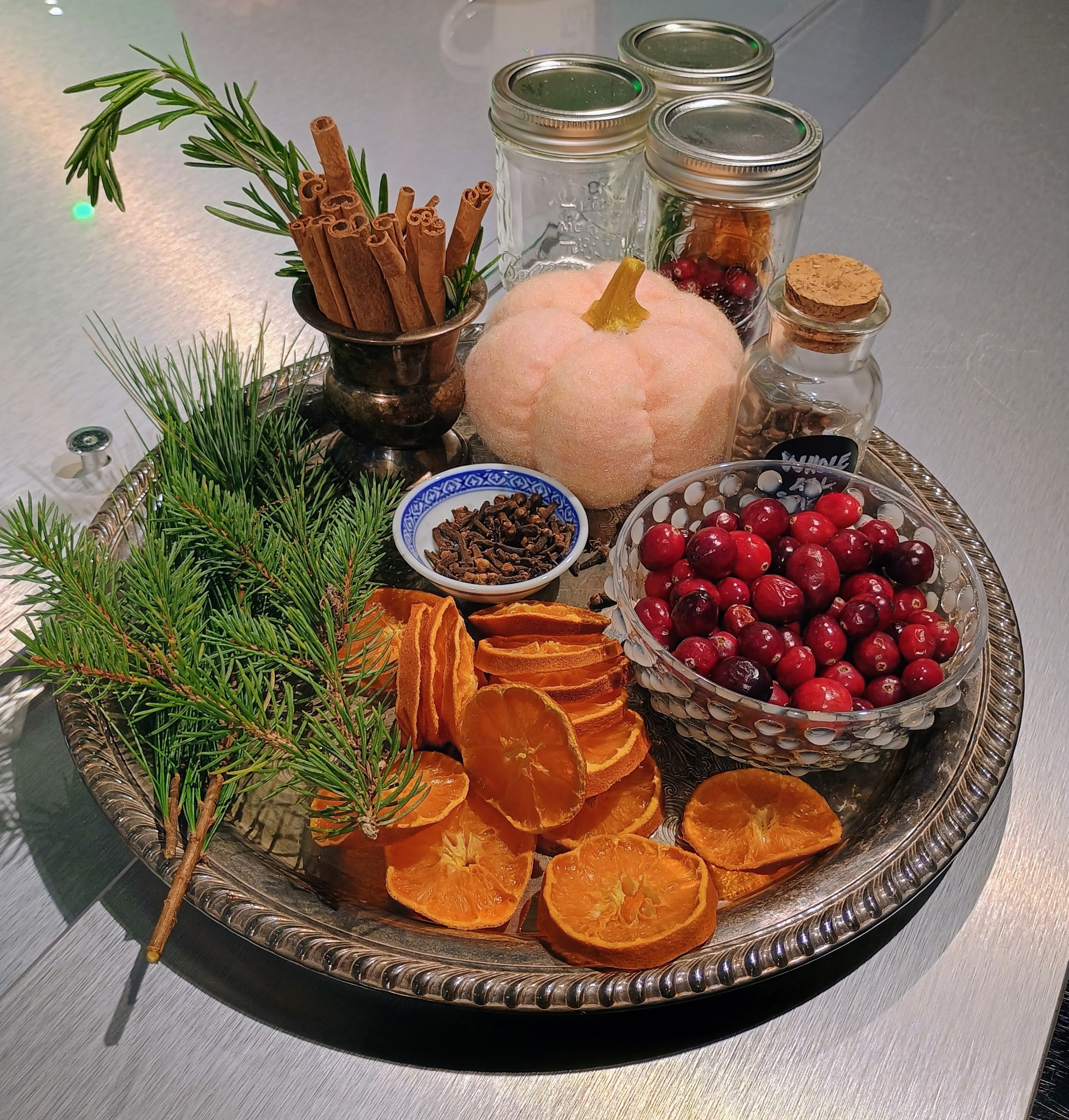
By Rachel Schemmerling|Timeless Living Growing up in our old historic home, I remember how the first crisp nights of fall seemed to bring everyone closer to the fire. We had four fireplaces, but my favorite was the one in the keeping room. A keeping room, historically, was the heart of early American homes — a […]
October 23, 2025

By Rachel Schemmerling | Timeless Living Designs
It seems that at this time of year there is a subtle slowing, an invitation to turn inward — when the air cools, the light changes, and our homes start to say it’s “time to gather”.
Before the rush of guests, menus, and twinkle lights, I always find myself wanting to pause and create space — both literally and emotionally — for the season ahead. Because while the holidays can bring joy and celebration, they can also stir up stress, clutter, and a feeling of being “off balance.”
This is the moment to shift from decorating to preparing — from making your home look ready to helping it feel ready.
Here are a few ways to begin:
- Clear the surfaces. Before adding décor, edit what’s already there. A clean console, sideboard or uncluttered dining table instantly makes a room feel calm.
- Layer in warmth. Bring out your textured throws, heavier drapes, and candlelight lanterns, holders and vases. Think of creating a gentle glow that draws people in.
- Welcome with scent. A simmer pot of citrus and cloves or an essential oil blend of cedar and orange can set the tone before anyone walks through the door.
- Rethink your gathering spaces. Consider the floor plan flow. Does your living room invite conversation? Do guests have a spot to place a drink or cozy up near the fire? A few thoughtful adjustments can change the entire experience.
- Prep your guest spaces now. Fresh linens, towels, bedside lighting and a touch of hospitality — even a carafe of water or a note — tell guests they’re seen and cared for. Start stocking up on toiletries to share in a small basket. Things like hand creams, shampoo, organic soaps, make up wipes, etc. to help guests feel thought of.
Creating a home that feels good to be in isn’t about perfection — it’s about presence. When your home supports your peace, you and your guests will have more room for joy, connection, and meaning in the moments that matter most.
October 15, 2025
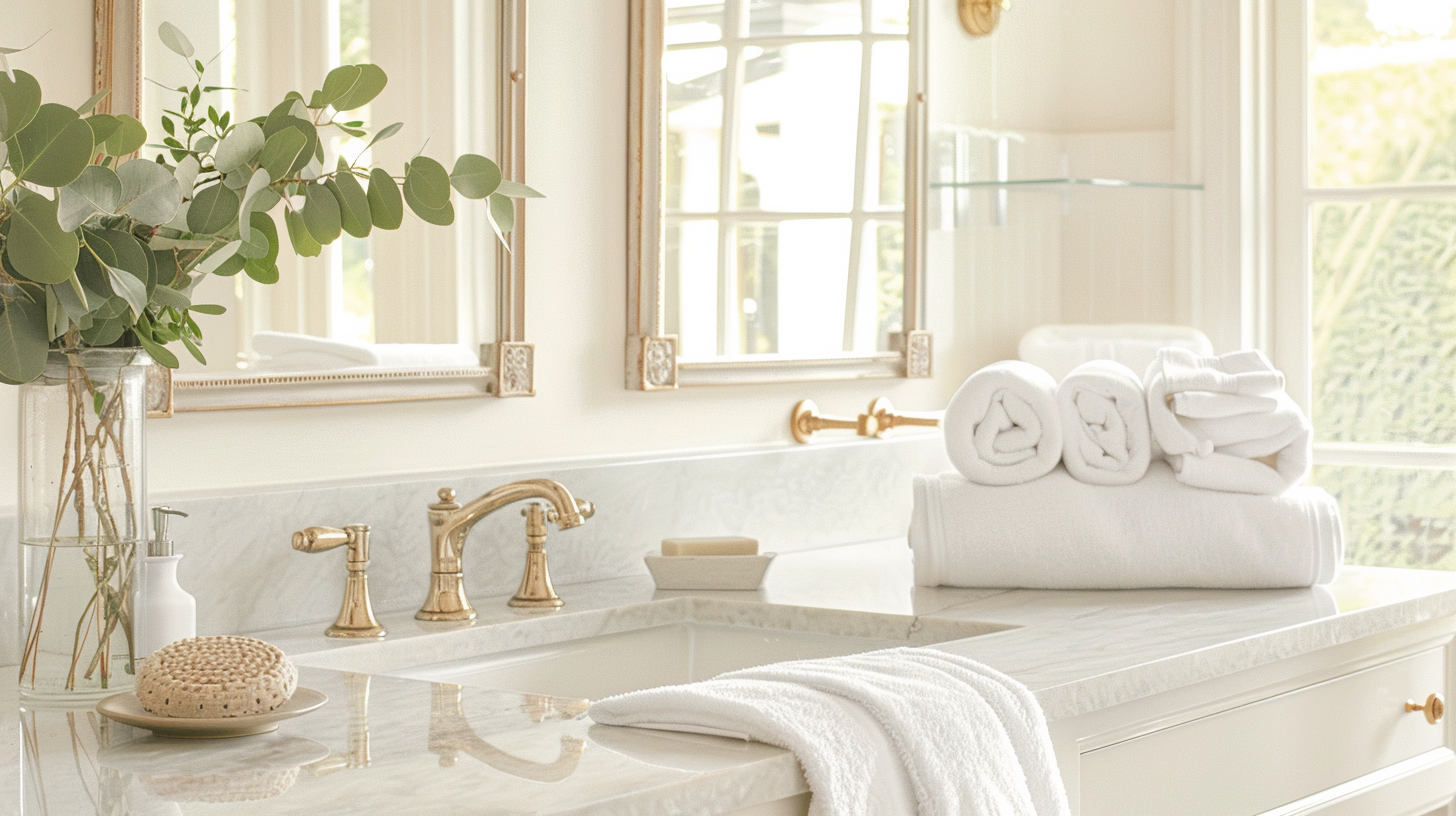
By Rachel Schemmering| Timeless Living Designs These days, even turning on the news can send our nervous systems into overdrive. Add to that the constant hum of rising prices, tariff talk, layoffs, and the mental load of never ending list of daily tasks—laundry, dishes, walking the dog, making dinner—and it’s no wonder we’re all carrying […]
October 4, 2025

By Rachel Schemmerling|Timeless Living Designs
Autumn arrives quietly. The light shifts, evenings cool, and suddenly we’re craving warmth and coziness. (I have a thing for scarves and fuzzy socks, you too?) But, instead of giving yourself another list of to-do’s—bins to unpack, garlands to hang, pumpkins to buy—this season can be embraced as a pause. A time to honor your life as it is right now, with simple gestures that feel nurturing.
🍂 Begin With the Senses
Sometimes, a single candle is enough. Choose a grounding scent—cedar, clove, or cinnamon bark—and let it linger in your space. Swap out a throw blanket for one with texture, a knit or a quilt that invites slowing down. And don’t forget sound: music, a record, or even silence can become your seasonal backdrop. Textiles have a way of wrapping the senses in comfort, turning the ordinary moments of home into something nurturing. A soft wool blanket draped across a chair invites you to pause, while linen napkins on a table make even a simple meal feel intentional. Natural fibers—cotton, linen, wool—breathe differently than synthetics, offering texture your hands can appreciate and weight your body can relax into. Layering fabrics—plush pillows, a quilt folded at the end of the bed, curtains that filter the light—creates not just visual warmth, but a sensory landscape that calms and grounds you.
🌾 Bring Nature Indoors
Forget elaborate arrangements. A single branch of golden leaves in a vase is both effortless and deeply seasonal. A handful of acorns or pinecones in a bowl tells the story of a walk outside. Even your groceries—apples, squash, herbs—become décor when you display them with intention. Another practical way to bring nature indoors is by keeping a small basket or tray near your entryway where you place seasonal finds—a handful of smooth stones, fallen leaves, or sprigs of herbs picked from the garden—so the act of arriving home also becomes a moment of connection with the outdoors.
🫖 Embrace Daily Rituals
Autumn rituals are less about tasks and more about slowing the pace. Shift your afternoon drink from iced to warm. Simmer a pot of soup and let the fragrance linger. Enjoy the way a mug feels in your hands as much as the drink itself. Your daily rituals are your seasonal décor. Swap out your summer scented soaps for fall favorites like orange and clove, pumpkin spice, and fall leaves. Washing your hands can become a simple ritual when you slow down. Instead of rushing, let the warm water run over your skin and notice its comfort. Lather the soap gently, inhaling the scent as you massage it into your palms, between your fingers, and over the backs of your hands. Rinse with intention, watching the water carry everything away, and finish by drying your hands softly—like a pause, a reset, and a return to the present moment.
✨ Mark This Chapter of Life
Let your home reflect not just the season outdoors, but your season of life. Keep a basket of books by the sofa. Frame a photo that feels meaningful right now. Style one surface simply—a candle, a seasonal object, and a small stack of books you have your heart set on reading, maybe keep a journal for gratitude nearby. It’s not about filling the space, it’s about giving it a soul, meaning and warmth. Create a quiet ritual of pausing at the same window or spot in your home each day, noticing the light and reflecting on where you are in life’s rhythm.
The beauty of autumn lies in its invitation to slow down. Instead of filling your home with “shoulds,” allow it to hold space for quiet rituals, simple comforts, and the feeling of enough. I know that’s what I’ll be doing. Just feeling enough.
🍁 Here’s to savoring the season, in the gentlest way. Cheers!
September 26, 2025
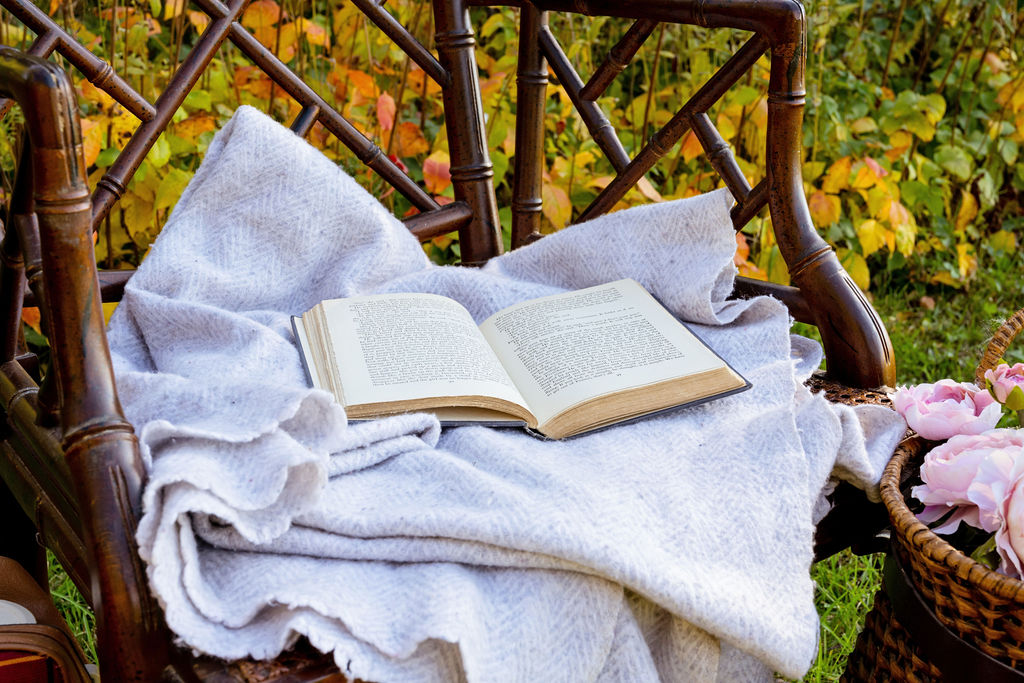
By Rachel Schemmerling|Timeless Living Designs There are seasons of life when the walls of our home seem to echo louder than usual. The silence after the children have moved on. The empty chair where a loved one once sat. The quiet after a relationship has ended. These moments can feel like grief all over again—because […]
September 22, 2025
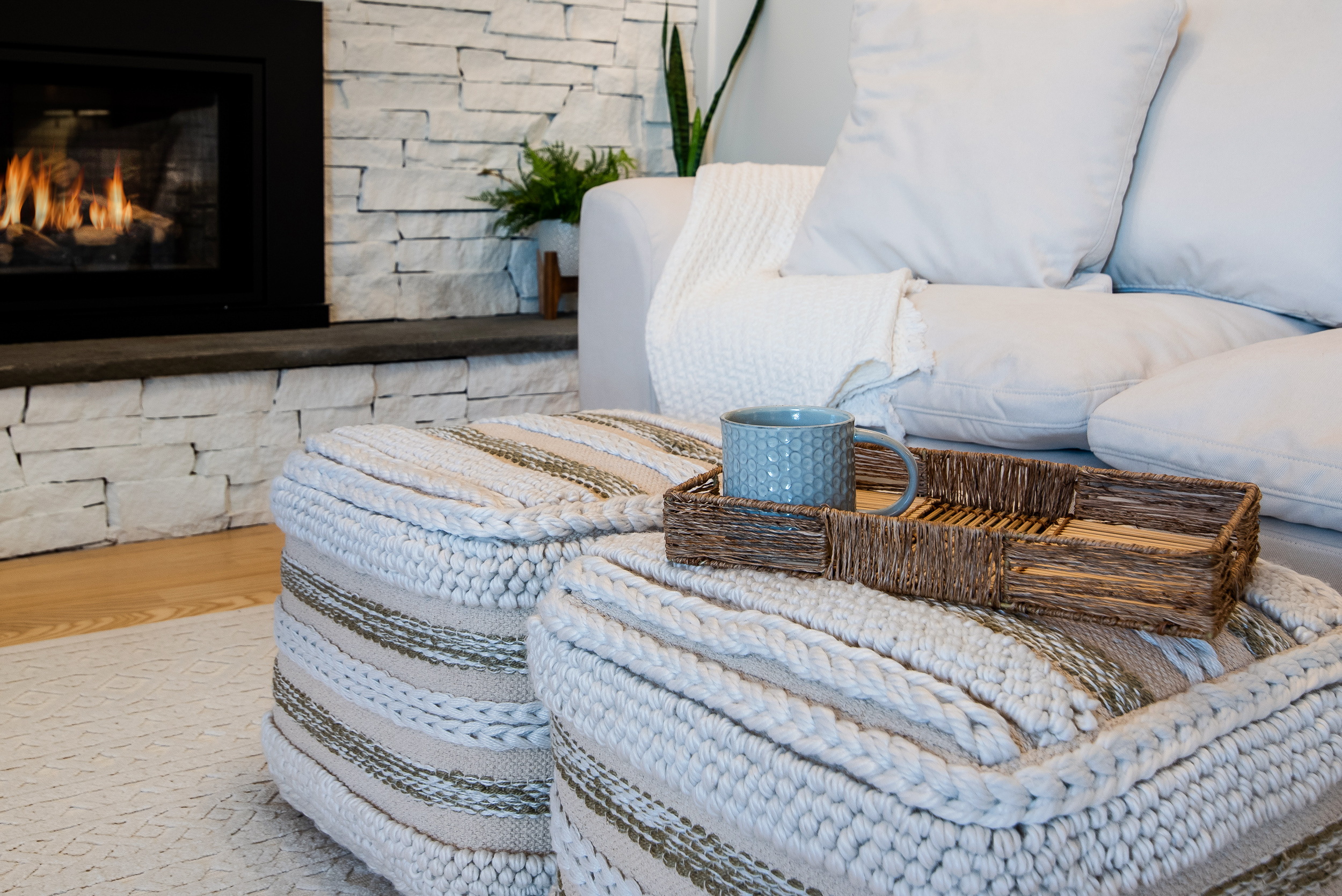
There’s a quiet moment many women experience—but rarely talk about.
The house is suddenly still. The shoes by the door are your own. The calendar isn’t packed with school pickups or college visits. And in that stillness, a question gently rises:
What do I want this space—and this life—to look like now?
It’s a question of design, yes. But also of identity. And for many of the women I work with, it’s the beginning of a beautiful rediscovery.
A New Chapter Deserves a New Foundation
When we’ve spent decades creating a home that supports everyone else, it can feel unfamiliar—sometimes even indulgent—to begin designing it around ourselves. But this season? It’s not about indulgence. It’s about intention.
It’s about creating a home that reflects your values, your energy, your dreams.
Maybe it’s finally turning the guest room into your art studio.
Maybe it’s upgrading your kitchen so cooking becomes a joy again, not a chore.
Maybe it’s simply letting go of things—furniture, routines, expectations—that no longer serve you.
One client recently told me, “This is the first time in 25 years I’m making design choices without thinking about sticky fingers or sports schedules.” Her home now holds soft textiles, books in every room, and a reading nook by the window that makes her want to stay home.
The Home Becomes a Mirror
What’s most powerful about design in this season of life isn’t just how your home looks—it’s how it makes you feel.
When your space is serene, you feel more grounded.
When it reflects your style—not trends—you feel more confident.
When it functions with ease, you breathe more deeply.
Design isn’t just about pretty things. It’s about giving your environment the permission to support who you’re becoming.
This is especially important when life has been filled with transition. Whether it’s becoming an empty nester, retiring, navigating loss, or simply choosing to slow down, your home can become your partner in that process.
Reclaiming Space, Reclaiming Self
You may find that as you declutter rooms, you also declutter expectations. As you make space for beauty, you make space for clarity. This is why I often say design is a gateway to restoration—it invites you to come home not only to a place, but to yourself.
So I’ll ask you what I often ask my clients:
What spaces in your home feel like you’ve outgrown them?
Where do you feel most at ease? Most alive?
What’s calling to be reimagined—not just in the layout, but in three energy?
If you’re ready to explore what your home could become—and in turn, what you might rediscover—I’d be honored to guide you. Let’s begin the process together. You don’t have to do it alone.
May 27, 2025
